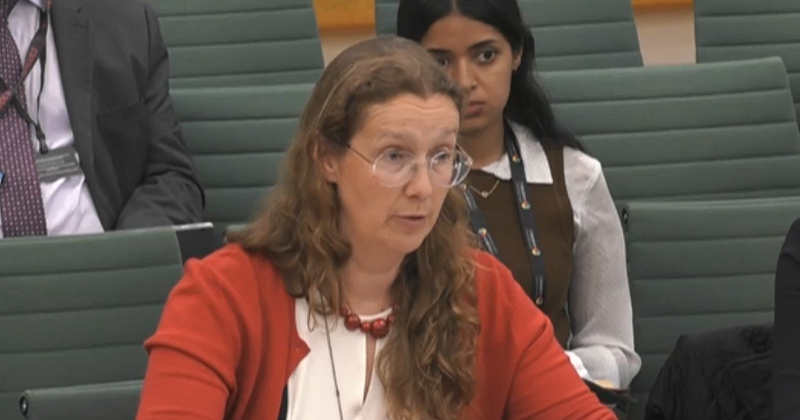The Department for Education expects additional school funding to help “ease” the pressure of rising energy bills when a support scheme ends in March, its top boss has said.
Chancellor Jeremy Hunt announced last week that school budgets will increase by £2.3 billion in each of the next two years, though £300 million is not new funding.
The settlement is supposed to take funding levels back to 2010 levels in real-terms, though much of the cash will be eaten up by the estimated £1.3 billion cost of pay rises this year.
Schools are currently receiving support with their energy bills in the form of an effective cap on the prices paid, said to be worth £4,000 for a school paying £10,000 a month for energy, but the scheme is due to come to an end in March.
Asked about how the government is helping schools with their energy bills today, DfE permanent secretary Susan Acland-Hood said schools “are part of the energy support until March, and then part of this addition is intended to help ease that pressure after that”.
It is the first time the government has confirmed that the additional funding will also have to cover rising energy costs, as well as pay rises and other pressures.
Money ‘likely’ to follow national funding formula
Ministers have said what happens with the energy support scheme from April is under review, but that public sector bodies will not benefit.
Acland-Hood told MPs on the public accounts committee today that the funding settlement announced last week “effectively restores the spending powers of what was a good and strong increase in the SR21 settlement”.
“I think the one thing I would say about 2010 is that is a point of comparison but it is also the highest figure ever, so it’s comparison back to the high watermark. And this restores spending power to that 2010 level by the end of this period.”
Asked how the money would be fed through to schools, Acland-Hood said the DfE was “in conversations”, but it was “highly likely it will go out through a version of the [existing funding formula]”.
“And indeed that is what schools tell us they would prefer.”
















Your thoughts